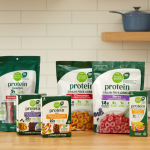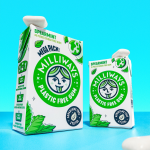Climate Change, Mental Agility Among Mintel’s Top 2023 Food and Bev Trends
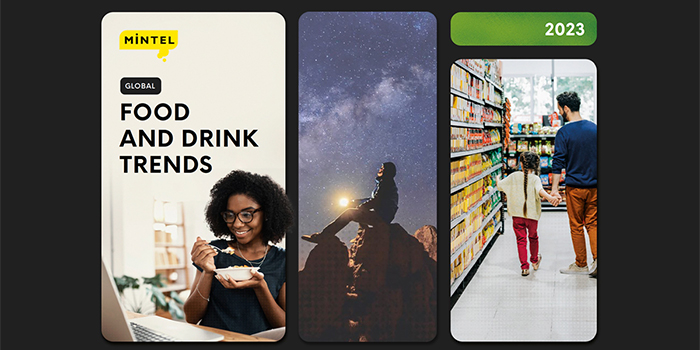
Consumers will be looking for more nutrient dense, cognitive-supporting, shelf stable products in the new year, according to Mintel.
In a report previewing the global food and drink trends for 2023, the market research firm highlighted a range of product categories and traits that will be in high demand next year, including climate change-proof provisions, functional brain health ingredients, cosmic marketing and minimal on-pack messaging, among others.
As the impacts of climate change take hold, consumers will be more keen to purchase products that can help them through heat waves, stay fresh in cases of extreme weather, can be stored ambient and avoid use of an oven for preparation. Additionally, Mintel suggests food and beverage makers should focus on innovating new formats, like self-heating meals or products that only require the addition of water.
“In the coming years, food and drink will emerge as the latest solutions consumers will look for as they prepare for the worst,” the report states. “Expect to see more microwaveable claims and air-fryer instructions because these appliances save energy compared with ovens. The genuine demand for energy savings now will drive appreciation for the benefits of having energy-efficient food and drink on hand during extreme weather.”
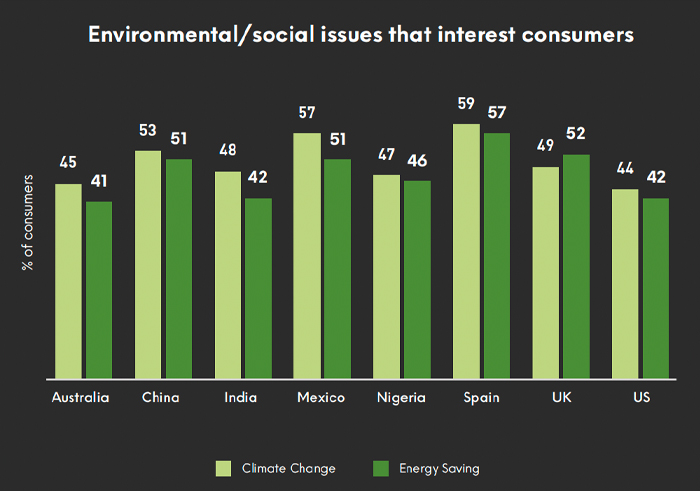
While some consumers may demand innovation in certain categories, Mintel also believes products utilizing tried-and-true ingredients like caffeine, fruits, vegetables and legumes are set to see a spike in demand in the new year. Though functional food and beverages have been mainstays in trend reports over recent years, the firm highlighted that tying these ingredients to functions like gut health, stress management and increased cognitive capacity will help capture new consumers.
However, the report found that brands will need to work harder to convey the benefits, as well as deliver those promises, of unfamiliar “emerging cognitive ingredients” like B vitamins, adaptogens and nootropics such as L-Theanine, Lion’s Mane, Rhodiola and Ginkgo Biloba. Mintel believes more research on the function of these ingredients is necessary and brands will need to drive conversations around those findings.
In terms of marketing, Mintel predicts food and beverage will set its sights towards space. Although cosmic-centered marketing themes have been around for decades, the messaging has become more tangible and less whimsical to consumers, according to the firm. As climate change ramps up and space is increasingly presented as a viable new frontier, Mintel believes space will symbolize hope, positivity and, and global cooperation for consumers.
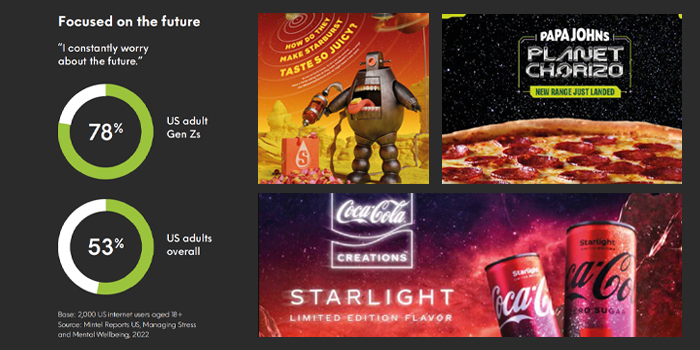
Lastly, the firm believes “fatigued consumers” will increasingly opt for products that hone in on a few clear and simple health claims. Findings suggest consumers are less trustworthy of products that make a lot of health claims versus those that only make a few specific ones. The report also states that as more consumers shop online, brands will increasingly find the most effective way to share specific messages.
“This will allow products to make simpler claims on pack because algorithms will find the claims that matter most to consumers,” the report states. “Brands will share information on eCommerce sites to ensure their stories and benefits reach consumers who rely on their smart assistants or smart refrigerators to filter out items that do not meet their pre-set preferences. Consumers also might have the option in the coming years to shop in the metaverse. Future virtual stores could be curated based on specific health claims or priorities such as ethical certifications.”

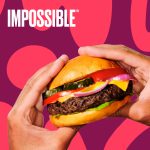
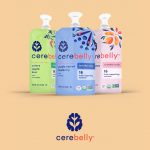
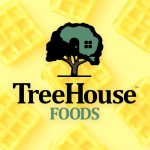










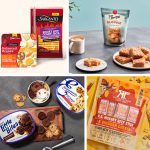
![[Updated] Oats Overnights Secures $45M Investment From Astō](https://d2azl42aua8mom.cloudfront.net/wp-content/uploads/2026/01/29172259/2026-01-29-oats-overnights-secures-45m-in-growth-equity-from-square-150x150.jpg)
